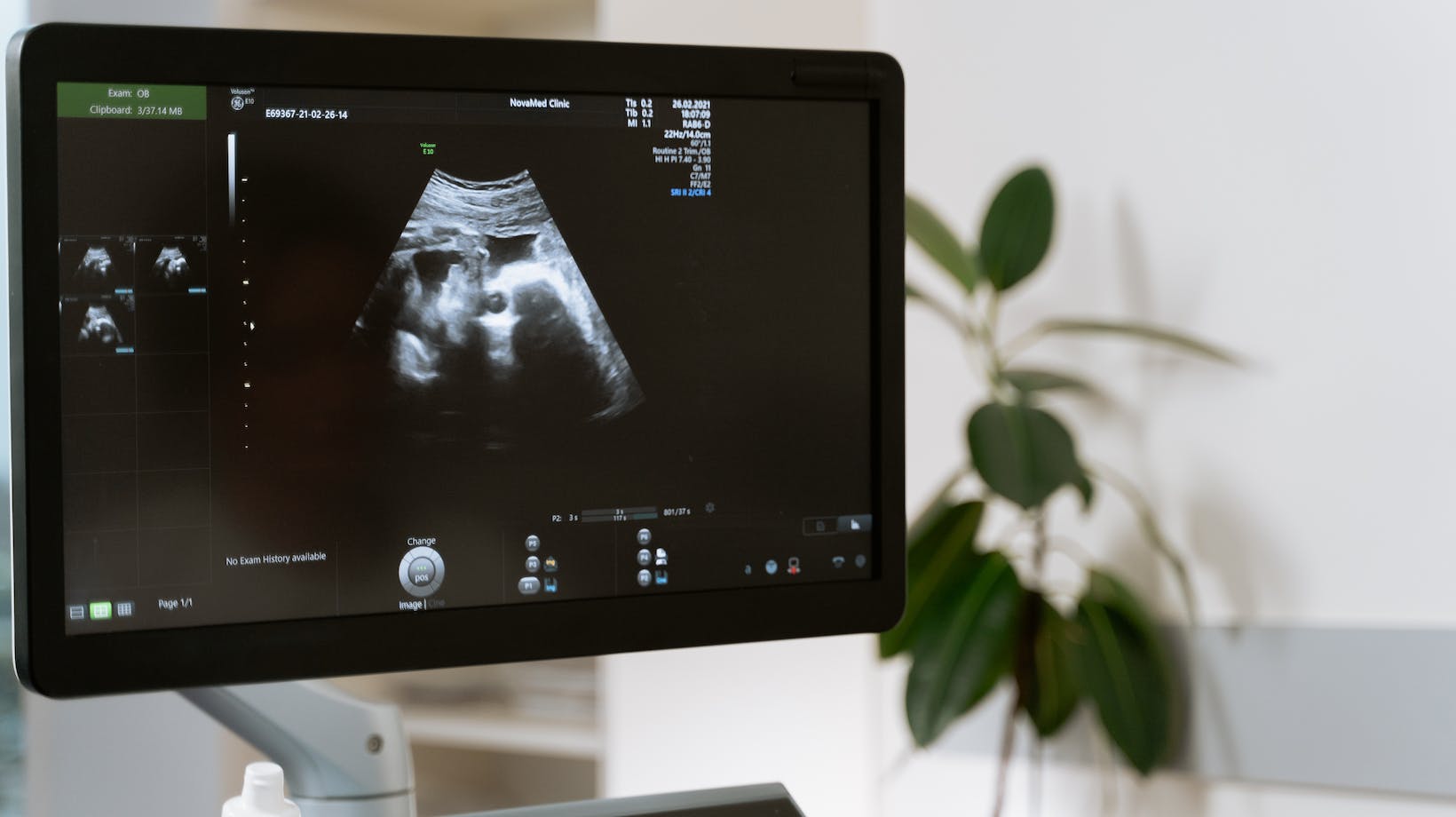
Maintaining good health doesn’t have to be a challenge with the right approach. Proactive health care – making lifestyle changes and having regular screenings and check-ups with your doctor – can go a long way towards preventing illnesses and catching disease early. Regular screenings are an invaluable tool that gives you the information you need to take action before it’s too late; they provide key indicators of risk factors for serious medical conditions, including heart disease, cancers, diabetes, and other major life-threatening diseases. In this blog post, we’ll discuss why routine screening is so essential for living a long and healthy life.
Image source: https://www.pexels.com/photo/photo-of-doctor-looking-deeply-unto-the-screen-7088530/
Early Detection of Diseases
Early detection of diseases is a cornerstone of proactive health. With the comprehensive medical services available today, you can have screenings for a variety of conditions, including cancer, heart disease, diabetes, and more. These screenings are designed to find potential issues before they become major health problems that require more aggressive treatment or even hospitalization.
It gives individuals a better chance of managing their health effectively, potentially reducing the impact of the disease and improving their quality of life. Furthermore, it could reduce healthcare costs in the long run, as treatments for early-stage diseases are often less complex and expensive. Therefore, participating in routine screenings and tests should be an essential part of everyone’s healthcare routine.
Identification of Risk Factors
Aside from detecting diseases, routine screenings also identify risk factors for serious medical conditions. These may include high blood pressure, cholesterol levels, and blood sugar levels, which are all significant indicators of potential health problems. With this information, individuals can take proactive measures to reduce their risk by making lifestyle changes such as adjusting their diet or exercise regimen.
Identifying and addressing these risk factors early on can significantly reduce the likelihood of developing life-threatening diseases. It also puts individuals in control of their health and empowers them to make informed decisions about their well-being. The earlier these risk factors are identified, the greater the potential for preventing diseases altogether.
Improved Health Monitoring
Regular screenings are a great way to monitor your health over time. They track how your body changes and reacts to different conditions or lifestyle changes. These records form a valuable health history, helping medical professionals understand your unique profile and predict potential future issues.
Image source: https://pixabay.com/photos/health-oximeter-oxygen-6483645/
Moreover, regular monitoring can ensure that any changes in health status are noticed promptly, enabling swift adjustments to treatment plans if necessary. Thus, proactive health management becomes a continuous process, fostering a stronger, more personalized approach to health and wellness. Implementing regular screenings into your health routine is, therefore, not just beneficial but essential for maintaining and improving overall health.
Prevention of Complications
Early detection and management of diseases through regular screenings can prevent complications. Catching illnesses early makes treatment easier, preventing progression into severe conditions that may need hospitalization or long-term care. For instance, detecting pre-diabetes through routine blood sugar tests allows individuals to take action and prevent diabetes by making lifestyle changes.
Similarly, early detection of high blood pressure can prevent complications like strokes and heart attacks. Furthermore, regular screening can prevent the exacerbation of existing health conditions, ensuring they do not progress to dangerous levels. Hence, routine health screenings play a crucial role in not just managing but also mitigating the complications associated with various health conditions.
Reduced Healthcare Costs
Participating in regular health screenings can reduce healthcare costs in the long run. By detecting diseases early and addressing risk factors promptly, individuals may avoid costly treatments that come with advanced stages of illness. Furthermore, preventing complications also significantly reduces healthcare expenses associated with hospitalization or long-term care.
Moreover, routine health screenings often include education and counseling on healthy lifestyle choices, which can help prevent the development of chronic diseases in the first place. By investing in proactive health management through regular screenings, individuals can save both their health and their wallets in the long term.

Increased Lifespan and Better Quality of Life
The goal of routine screenings is to promote a longer, healthier life. By detecting diseases early and managing risk factors effectively, individuals can prevent illnesses from progressing to advanced stages that may significantly impact their lifespan. Regular screenings also allow for timely intervention and treatment, which can improve overall health and well-being.
By staying on top of their health through regular monitoring and screenings, individuals can lead a more fulfilling and active life. They can take control of their health and make informed decisions about their well-being, leading to a better quality of life. In summary, proactive health care through regular screenings is essential for living a longer, healthier, and happier life.
Proactive health and routine screenings are vital for maintaining good health, preventing diseases, and promoting a longer life. By taking charge of one’s health through regular check-ups, individuals can improve their overall well-being and save on healthcare costs. Making healthy choices and staying informed about one’s health status is critical to living a fulfilling life. Prioritize routine screenings for a healthier future.












